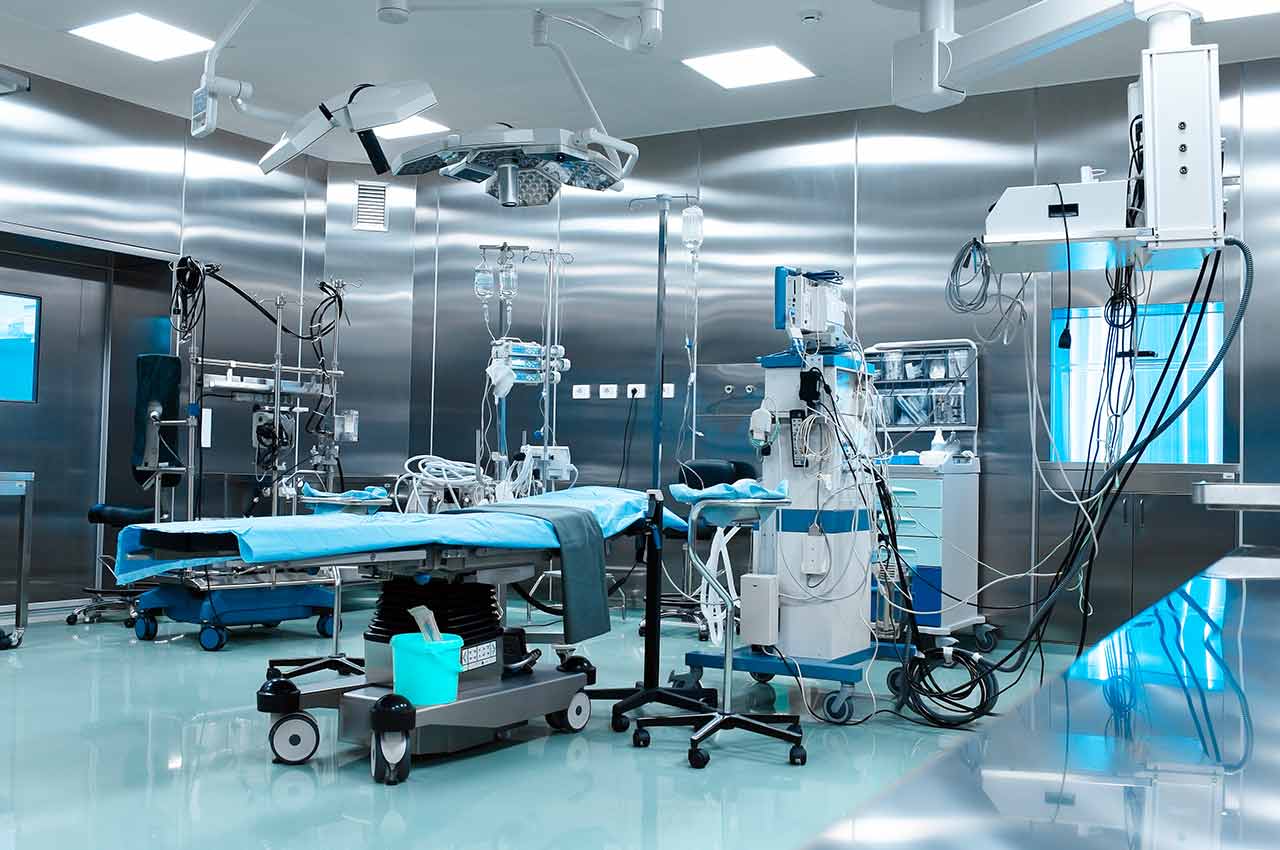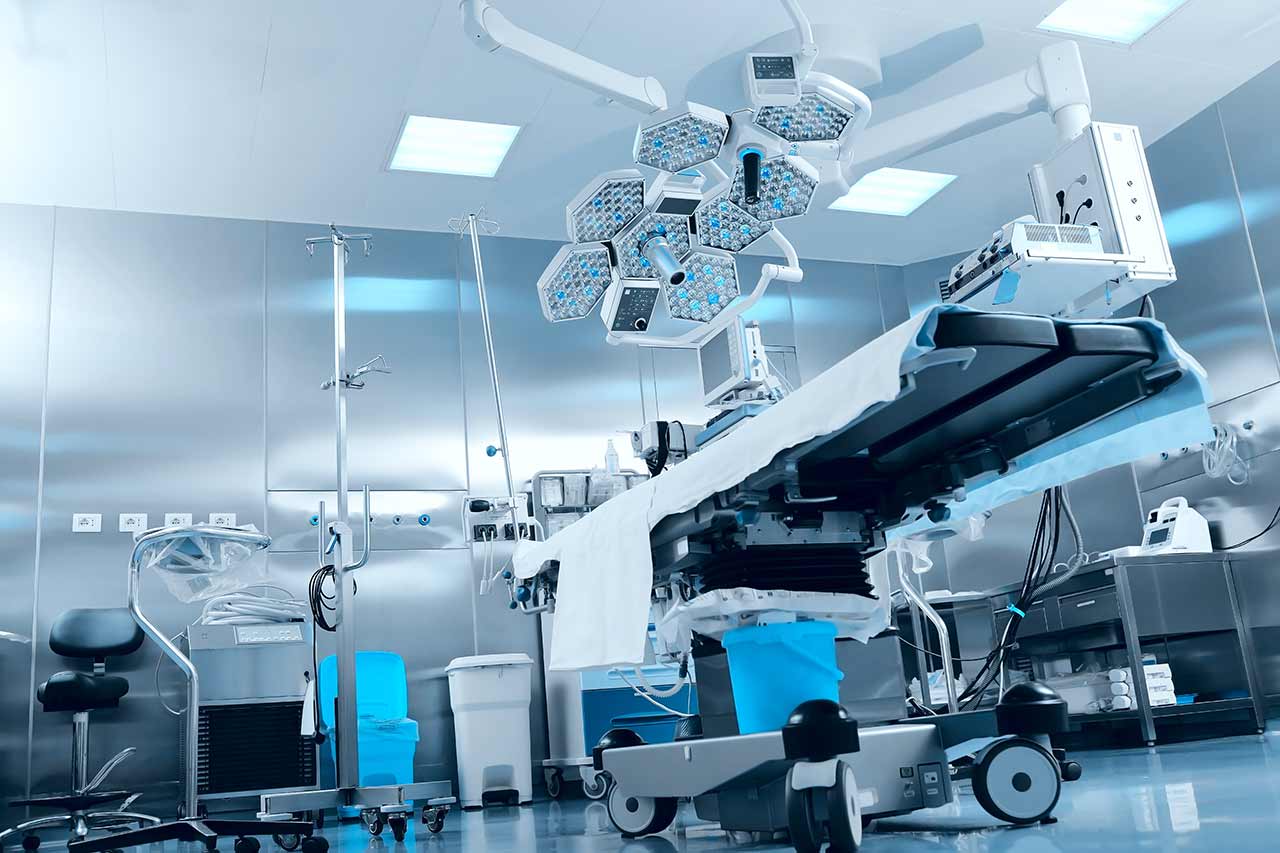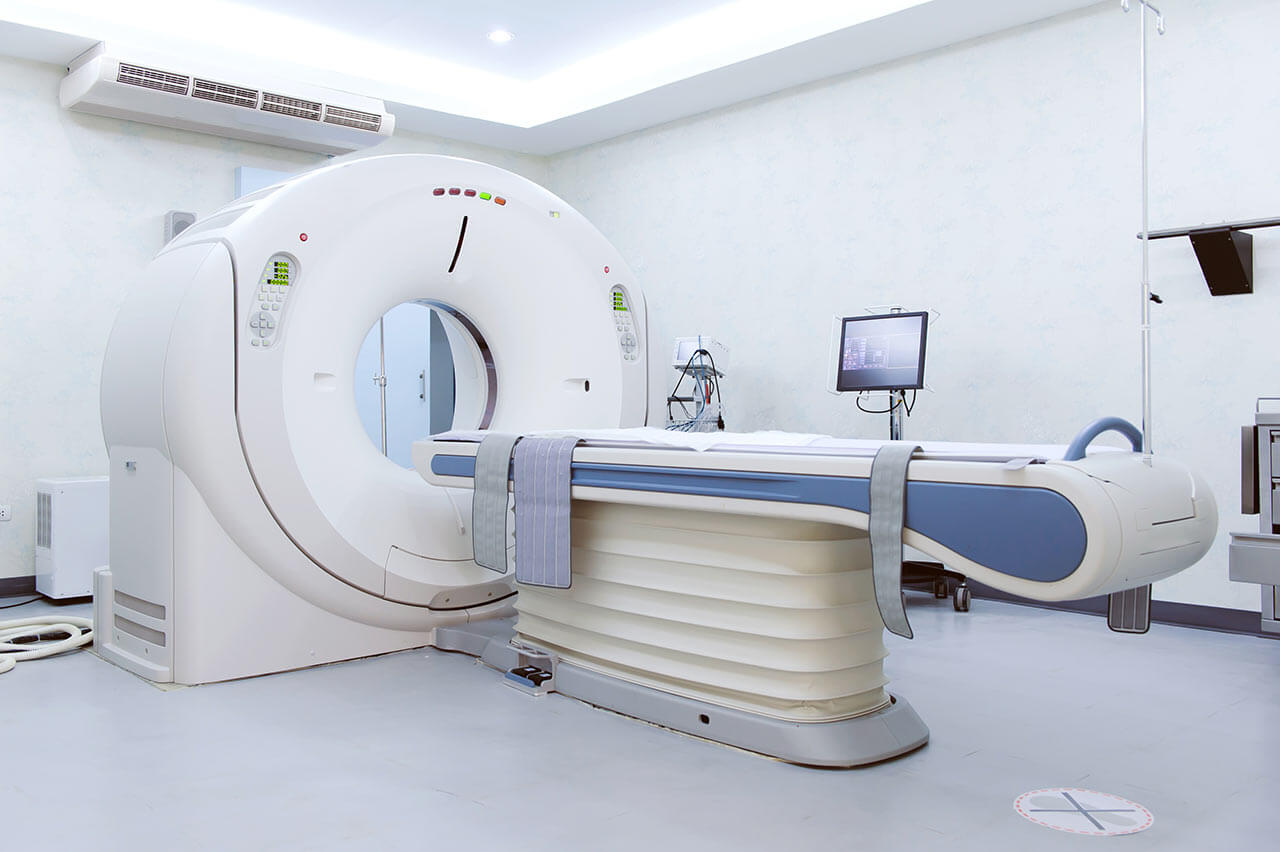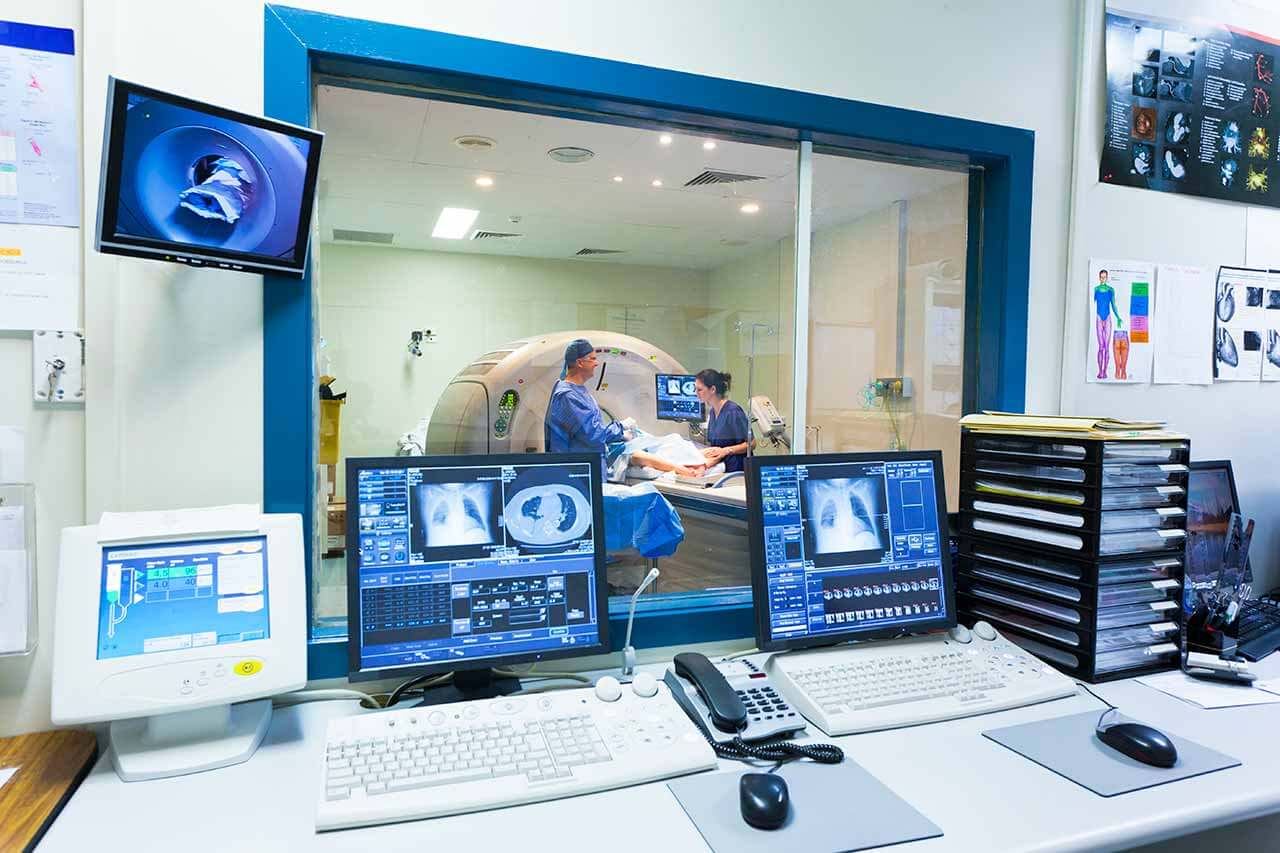
The program includes:
- Initial presentation in the clinic
- clinical history taking
- review of medical records
- physical examination
- laboratory tests:
- complete blood count
- general urine analysis
- biochemical analysis of blood
- inflammation indicators (CRP, ESR)
- indicators blood coagulation
- urine culture
- blood culture
- ultrasound of the urogenital system
- consultation of related specialists
- symptomatic specific treatment
- the cost of essential medicines and materials
- nursing services
- control examinations
- full hospital accommodation
- developing of further guidance
Required documents
- Medical records
- Kidney US (if available)
- MRI/CT scan (if available)
Service
You may also book:
 BookingHealth Price from:
BookingHealth Price from:
About the department
The Department of Nephrology at the University Hospital Frankfurt am Main offers the full range of diagnostic and therapeutic options for the patients with all types of kidney diseases and hypertension. The key focus is on the treatment of acute and chronic kidney failure, autoimmune diseases, kidney inflammation (glomerulonephritis) and all types of hypertension. In cooperation with the Department of Urology, the doctors performed kidney transplantations, provide high-quality medical care before and after transplantation (more than 60 transplantations per year). The basis of the department's successful clinical activities is highly competent medical team and excellent technical base. The department is headed by Prof. Dr. med. Helmut Geiger.
The department specializes in all hemodialysis procedures. It houses 20 fully equipped places for hemodialysis and hemodiafiltration. Medical care for dialysis patients is provided by specially trained nursing staff. Dialysis procedures are indicated for patients with acute and chronic kidney failure. This type of treatment can also be carried out in patients with hepatitis B, hepatitis C and HIV, as well as in patients with MRSA infection. In addition, the department houses an Intensive Care Unit, which is equipped with everything necessary for continuous dialysis procedures, such as continuous arteriovenous hemodialysis, continuous venovenous hemodiafiltration with citrate anticoagulation.
It is worth noting that the department has vast experience and rich traditions in medical care of patients who require kidney transplantation, including postoperative care. The first kidney transplantation was performed at the university hospital in 1968. The first live donation was performed in 1973. Thus far, more than 2,700 kidney transplants and more than 380 operations for kidney donation from a living donor have been performed. The department has offered a simultaneous kidney and pancreas transplantation since 2003. Since 2005, it has also provided a live donation from a donor with a blood group incompatible with AB0. This field is distinguished by close cooperation with all related disciplines, which ensures a comprehensive approach and the most favorable treatment outcome.
The service range of the department includes:
- Inpatient and outpatient treatment of patients with kidney diseases and hypertension
- Laboratory diagnostics
- Ultrasound diagnostics on modern equipment
- Kidney biopsy
- Dialysis in acute or chronic kidney failure
- Renal replacement therapy in the Intensive Care Unit (continuous arteriovenous hemodialysis, continuous venovenous hemodiafiltration)
- Apheresis procedure (plasmapheresis/immunoadsorption)
- Dialysis in liver failure (Prometheus system)
- Catheter insertion for acute dialysis or plasmapheresis (Shaldon catheter)
- Insertion of permanent dialysis catheter (Demers catheter)
- Peritoneal dialysis
- Training in peritoneal dialysis and home hemodialysis
- Patient care before, during and after kidney transplantation
- Living kidney donation
- Training and care for patients with AB0-incompatible kidney transplantation
- Other diagnostic and therapeutic services
Photo of the doctor: (c) Universitätsklinikum Frankfurt
About hospital
According to the reputable Focus magazine, the University Hospital Frankfurt am Main ranks among the top German medical facilities!
The hospital was founded in 1914 and today is a well-known German medical facility, which combines rich traditions and scientific innovations. A medical team of more than 6,500 employees cares about the health of patients around the clock, ensuring them with the highest standards of medical care and best possible safety.
The hospital has 32 specialized departments and more than 20 research institutes, which have all the necessary resources for the provision of the most effective care for any patient. The hospital has 1,488 beds for inpatient medical care. The medical facility diagnoses and treats more than 51,000 inpatients and about 44,800 outpatients every year. Due to the demonstration of outstanding treatment results, the number of patients seeking medical care here increases significantly annually.
The hospital presents all areas of modern medicine, whereas its special competence lies in neuroscience, oncology, cardiovascular medicine, cardiac surgery and other fields. Many treatment methods available here are unique not only in Europe, but also internationally.
Photo: (c) depositphotos
Accommodation in hospital
Patients rooms
The patients of the University Hospital Frankfurt am Main live in comfortable rooms made in modern design and meeting the highest standards of European medicine. Each room is equipped with an ensuite bathroom with a toilet and a shower. The standard room includes a comfortable, automatically adjustable bed, a bedside table, a wardrobe, a table and chairs for receiving visitors and a TV. If desired, patients can use Wi-Fi. The patients can also stay in the enhanced-comfort rooms.
Meals and Menus
The patient and his accompanying person have a daily choice of three menus. If for any reason you do not eat all the food, you will be offered an individual menu. Please inform the medical staff about your dietary preferences prior to the treatment.
Further details
Standard rooms include:
Religion
Religious services are available upon request.
Accompanying person
During the inpatient program, an accompanying person may stay with you in a patient room or in a hotel of your choice.
Hotel
During the outpatient program, you may stay in a hotel of your choice. Managers will help you choose the most suitable options.






